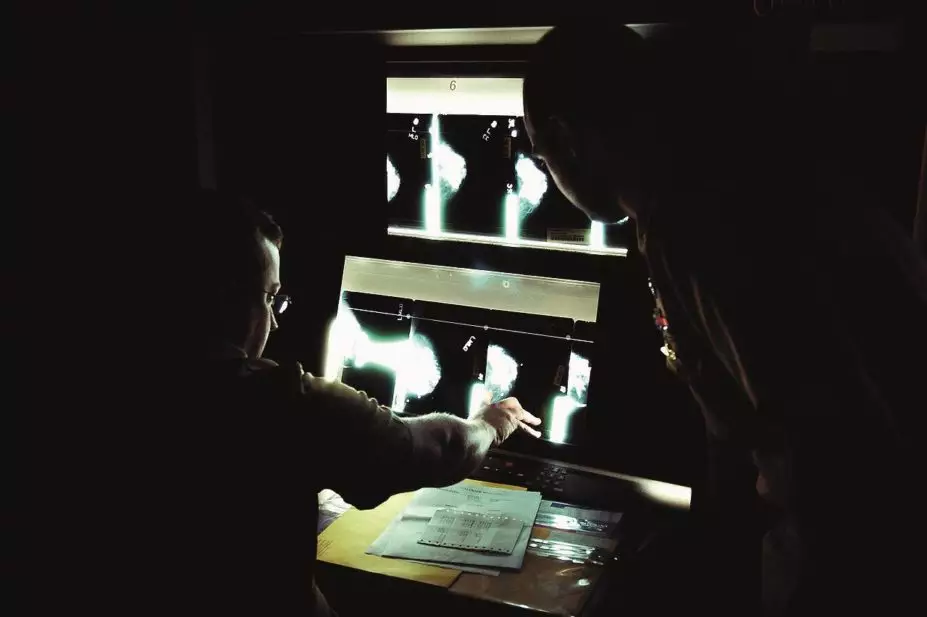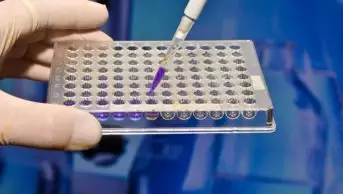
Wikimedia Commons
‘Gene deserts’ are long stretches of non-coding DNA. Despite lacking protein-coding genes, gene deserts harbour single-letter DNA variations that are associated with breast cancer risk.
Olivia Fletcher, from the Institute of Cancer Research, London, and team used a technology known as Capture HiC to investigate three such regions. They found that single-letter changes within gene deserts affect how DNA loops together, physically interacting with target genes to influence their expression. Such interactions could span enormous distances within the genome, and even bridge chromosomes.
“[Capture HiC] could be used to interrogate all of the published breast cancer risk loci in a single analysis and could potentially be extended to fresh frozen tumour samples,” the researchers suggest in Genome Research (online, 22 September 2014)[1]
.


